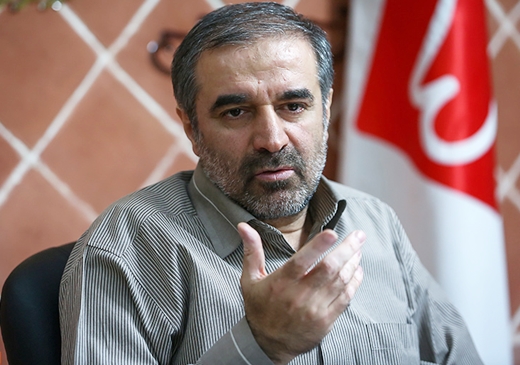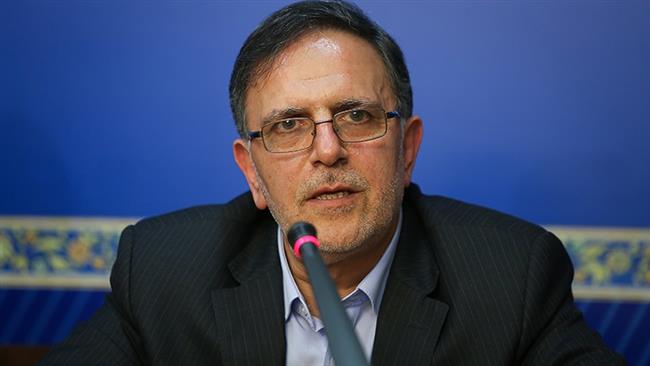“Unfortunately, in the previous government, there was negligence in buying bonds and making investments in the US dollar,” Seif said.
Seif noted that “u-turn” transactions with the Islamic Republic were exceptionally permitted in the US dollar sanctions against Iran, but Ahmadinejad’s administration was not careful and cautious enough in making the investments.
The former government’s officials should have considered the issue and exercised enough caution, but in spite of warnings by CBI experts against investments on dollar-based bonds, they (the then officials) made the purchases and set the stage for the Iranian nation’s loss, he added.
“The warnings by those experts came true, and unfortunately, the ban on dollar-based transactions with Iran was once again imposed in 2008, and American banks were banned from having such transactions with Iran,” Seif said.
If the bonds had not been purchased at that time, there would have been no money to be seized by the Americans, he added, as reported by the CBI’s website.
The measures taken by the forerm government led to other hostile moves by the US, including the 13599 Executive Order against the CBI, he noted.
He was referring to an executive order issued in 2012, based on which the US Treasury blocked “all property and interests in property of the Government of Iran, including the Central Bank of Iran, and of all Iranian financial institutions, regardless of whether such persons are located or incorporated inside or outside of Iran”.
Therefore, he concluded, all these unfair and illegal measures by the Americans took place under Ahmadinejad’s tenure, which was a time when the Iranian government considered sanctions to be barely effective, even futile.
If any of these moves had been prevented at that time, the recent US court ruling could not have happened, he noted.
Rouhani’s Gov’t Evading Responsibility by Pinning Blame on Predecessors: Analyst
Meanwhile, Kezem Anbarlouie, a political analyst, believes that the incumbent government of President Hassan Rouhani is trying to blame Ahmadinejad’s to whitewash its own deficiencies.

“The First VP said the previous government was not prudent enough, and spent part of the CBI’s resources on purchasing bonds, even if it knew the Americans were not committed to international regulations,” Anbarlouie said.
He further argued that if Americans are not committed to international regulations, Rouhani’s government should also have refused to sign the recent nuclear deal (JCPOA) with them.
“The previous government was in conflict with the US, and everyone in the world knew that; however, the US government did not dare to seize Iran’s money at that time,” he went on to say.
“The 11th government has made an agreement with the Americans and shaken hands with them while they promised to release Iran’s frozen assets, but now, they have not only refused to release them, but they are also stealing and seizing the country’s money once again,” the analyst added.
“To those who say the former government is to blame for the US seizure of Iranian assets, one should say, ‘What were YOU doing? Do not blame the former government for your own imprudence’.”
